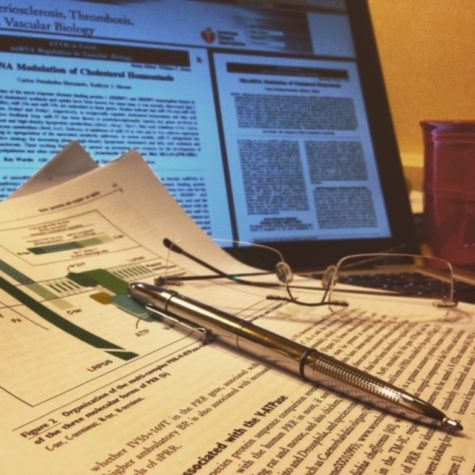
Whether you are a junior graduate student or an established faculty, there is always something that you can learn. Whether you want to write your very first pre-doctoral fellowship grant or learn how to tweet about your center’s accomplishments, there is always someone that you can count on as your guide. That was the first point that stood up to me when I arrived at the 2017 Scientific Sessions. As the days went by, I started to appreciate the sacred bond that we AHA17 attendees all share: We are all mentees. Despite this mentality, young mentees point of views are often ignored. The ignorance is often derived by cultural differences, generation gaps and unbalanced expectation levels which may exist in the environment that the mentee is growing. To tackle this issue, having core values that helps flourishing the mentor/mentee relationship seems to be crucial. Therefore, as a young mentee and based on what I learned throughout the sessions in the meeting, I propose the following fundamental points to be considered as an infrastructure for establishing a successful mentor/mentee relationship:
- Find a synergy between your past experiences and the training opportunities in the new environment.
- Clarify your expectations from your mentor/mentee.
- Have short-term and long-term plans.
- Have self-assessments of your success in accomplishing your goals
- Either as the boss or the student, do not expect wins from the other party. Loosing is learning.
- Do not hide. Do not be an investigator who is just a name on papers and do not be a student who no one knows.
Having such major core values helps the establishment of relationships that will last for a long time and help both sides to move forward. As Phil Collins beautifully said years ago, “In learning you will teach and in teaching you will learn.” So, no matter which stage you are at, respecting the aforementioned points can help to be both a better learner and a better teacher at the same time.

Shayan is a caffeine dependent PhD Candidate at the Saha Cardiovascular Research Center, University of Kentucky. His research area is focused on vascular biology and lipid metabolism. He tweets @MoradiShayan, blogs at shayanmoradi.com and he is the Winner of World’s Best Husband Award (Category: nagging).